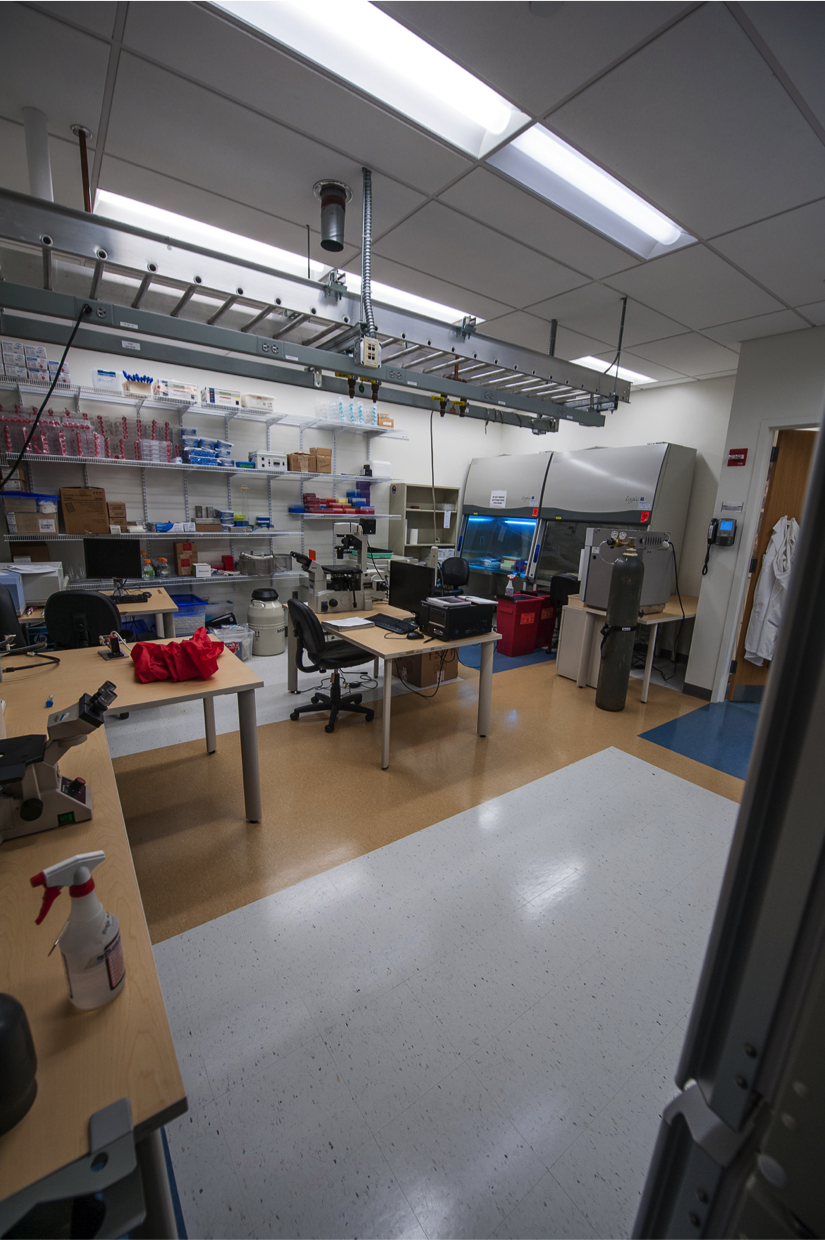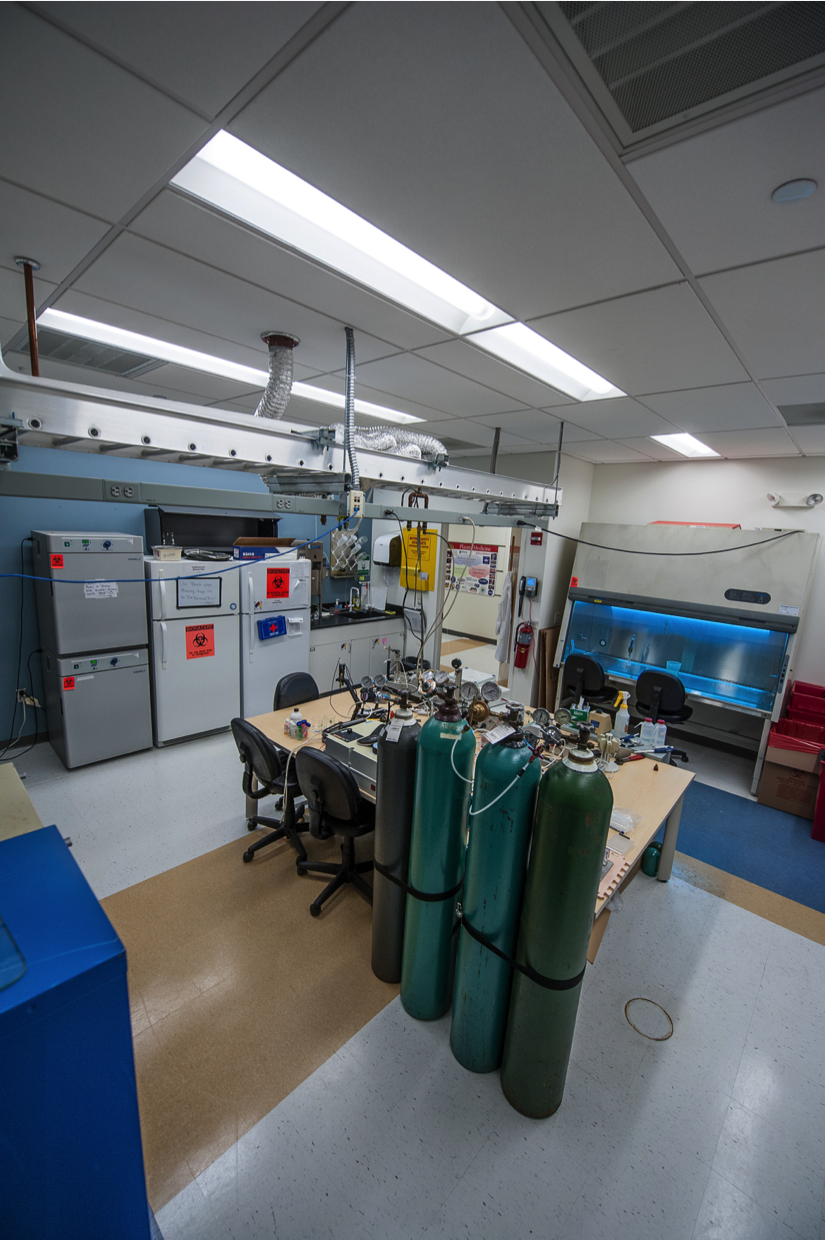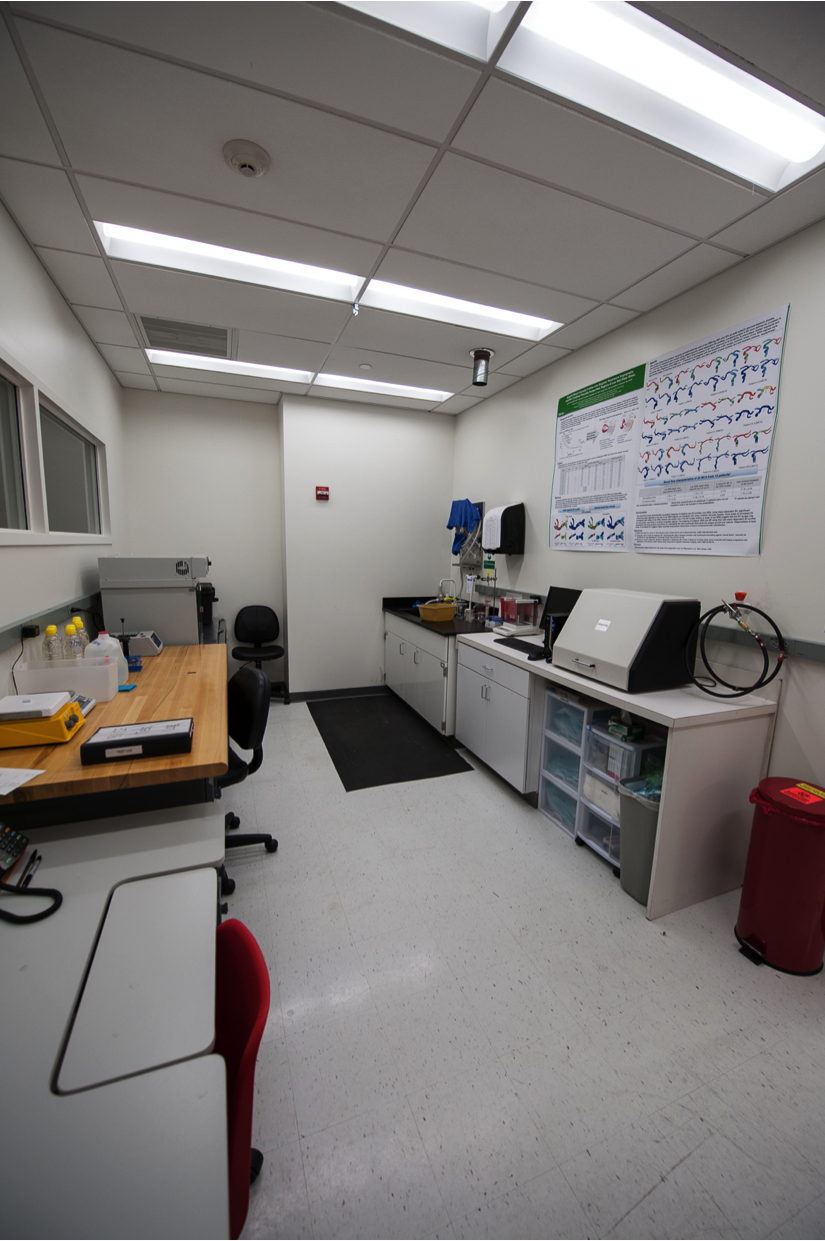Applied Plasma Chemistry and BioMedicine Lab
Plasma Medicine Lab is a division of the C. & J. Nyheim Plasma Institute , focused on novel and one of the most exciting applications of plasma to direct treatment of living tissue, healing of various diseases, blood coagulation, sterilization and healing of wounds and burns, tissue regeneration and repair, development of new sterilization processes in hospital environments, as well as sterilization of surfaces and large-volume air and water streams.
Plasma Medicine is rapidly gaining acceptance as a new medically-relevant therapeutic modality. In 2012 we, at the Plasma Medicine Lab, focused on a) plasma biochemistry – understanding of discharge influence on intracellular biomolecular processes; b) plasma pharmacology – interaction of plasma with various materials through liquid phase; and c) various plasma applications in sterilization, wound treatment, and disease management.
Plasma Medicine Lab coordinates R&D efforts of six core Drexel faculty from College of Engineering, College of Medicine, and School of Bioengineering and Health Systems. Six PhD students and nineteen undergrads are supervised by the Plasma Medicine Lab faculty. In 2012 we worked on five major projects funded by NIH, KECK, DARPA, J&J, and GOJO with total R&D funding ~$3.5M. In 2012 we have published 1 monograph and 10 peer-reviewed manuscripts.
With clear understanding of the biochemistry involved in plasma-tissue interaction and with two currently ongoing U.S.-based clinical trials in onychomycosis and acne treatment we hope for 2013 to be a successful and productive year in translating this new clinical technology to bedside.
Cellular diagnostics and imaging lab facility

Fully equipped cellular biochemistry lab
- Two laminar flow recirculating BSL2 hoods
- Four water-jacketed CO2 incubators with UV and H2O2 sterilization cycle
- Olympus CK2 inverted microscope
- Nikon TE2000s fluorescent inverted microscope
- +4C refrigerator, -20C and -80C freezers, liquid N2 storage
- Absorbance/UV plate reader
- YUV/VIS spectrometer
Microbiology and sterilization lab facility

Fully equipped microbiology lab
- Four humidified incubators
- BSL2 hood
- Three +4C/-10C refrigerators
- House air, vacuum, water lines
- External exhaust vents
Hematology and blood treatment lab facility

Fully equipped hematology lab
- Donor blood collection station
- Blood viscosity measurement
- Industrial refrigerators
- Incubators and warming baths
- Upright microscope
- Blood cell counters
Major research directions
